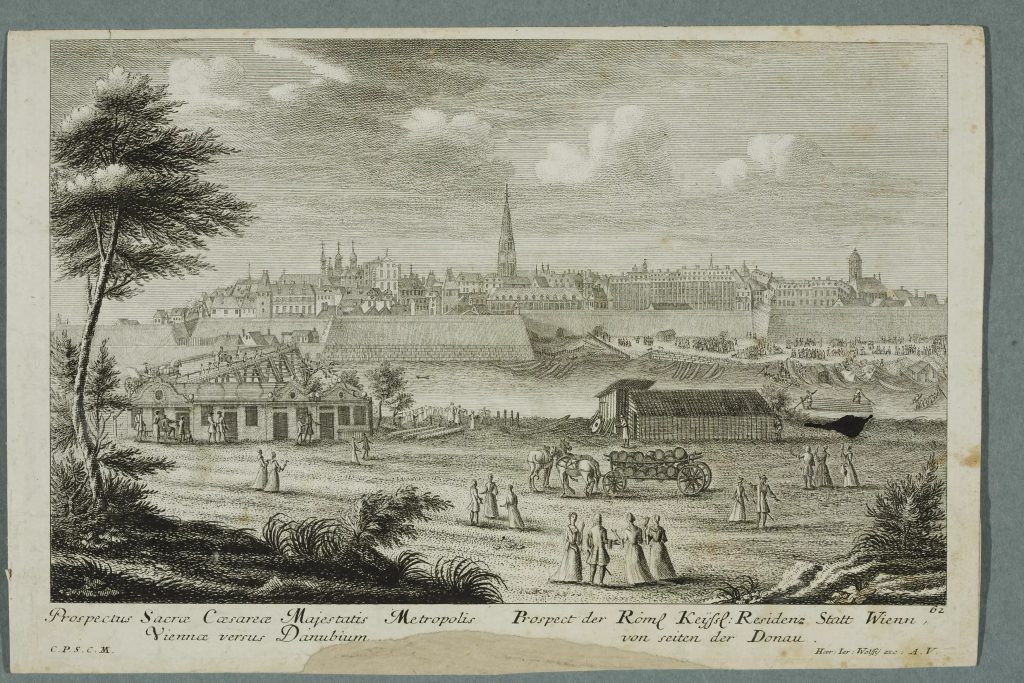
In the first half of the 18th century, Vienna was the largest city in Central Europe and the seat of the imperial court. The supply of long-distance goods to this metropolis was organised by the Viennese merchants. In addition to trading goods, some merchants also served as lenders to the emperor. Despite its economic importance, little is known about the Viennese merchant class.
The project is being carried out in cooperation with the Austrian Centre for Digital Humanities and Cultural Heritage (Austrian Academy of Sciences). In contrast to previous research on Viennese trade and its supporters, which focussed primarily on individual ethnic or religious groups, the entire Viennese (wholesale) merchant class is being investigated for the first time.
The main source is the first Viennese mercantile record, the forerunner of the commercial register, which provides a list of merchants and their trading companies based in Vienna for the period from 1725 to 1758 and is preserved in the Vienna City and Provincial Archives. In the course of the project, a transcription of the mercantile record will be produced and the Viennese merchants, their co-partners and executives will be catalogued in a personal database. In addition, studies will be carried out on the composition of the Viennese merchant class and the business activities of its members. With its focus on the trading history of the early 18th century, the project directly follows on from previous research on early modern Danube trade.

